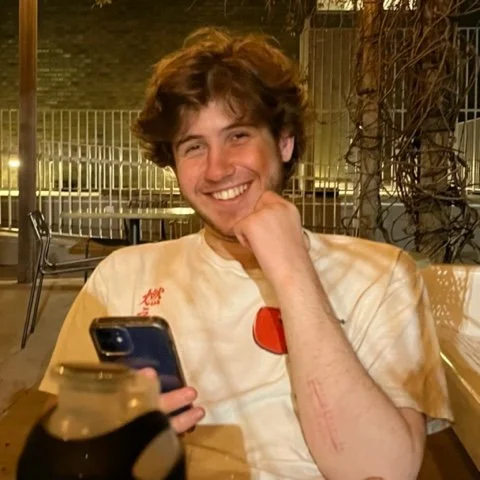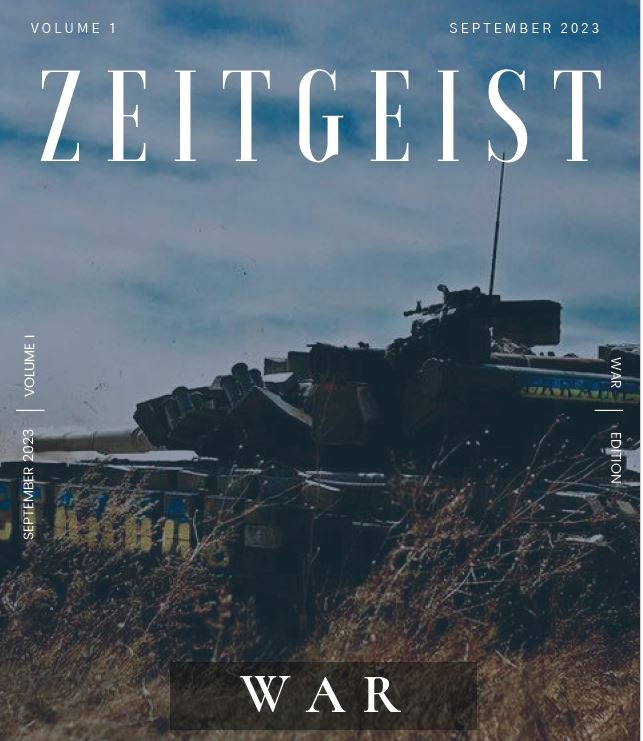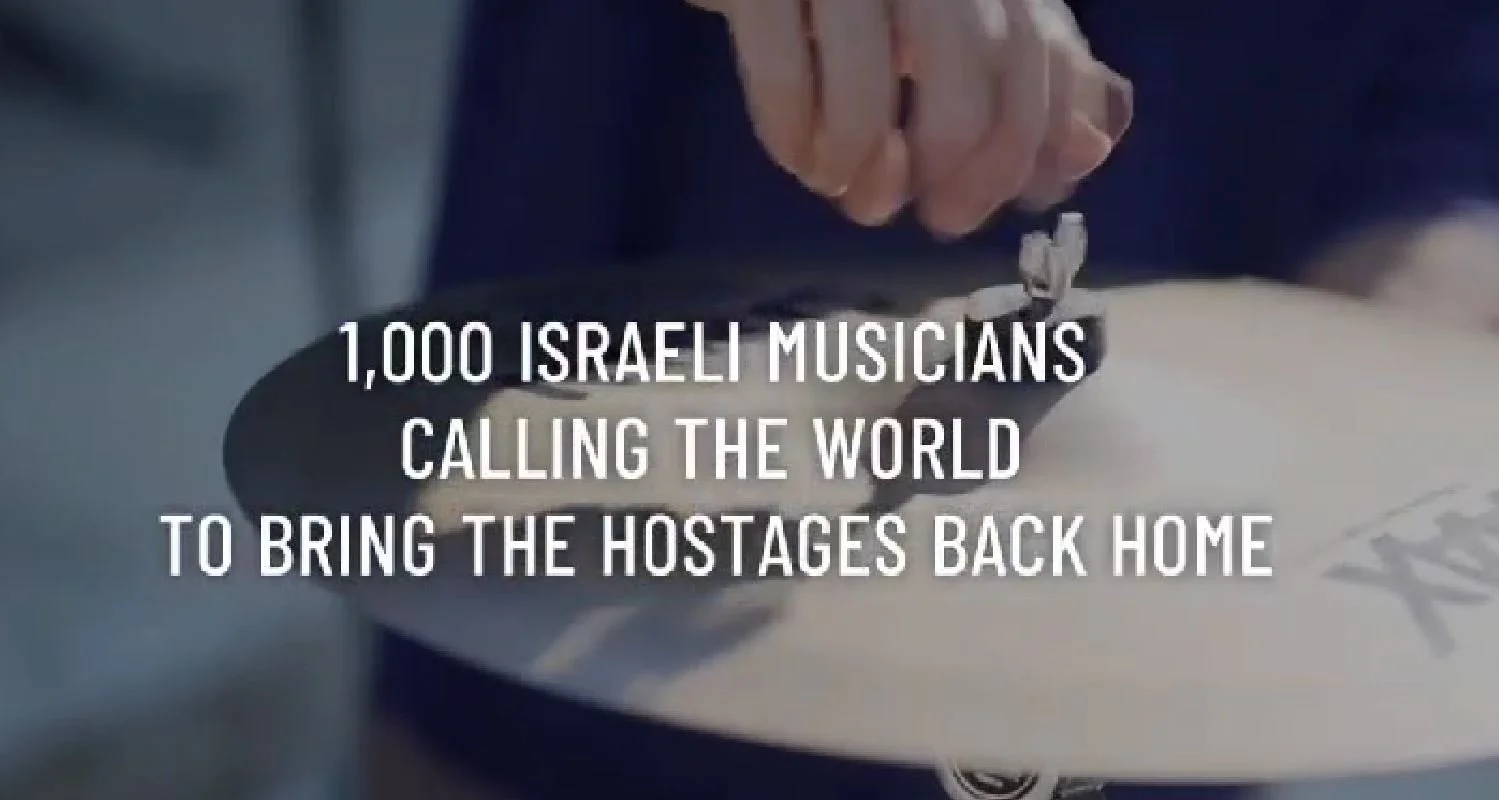“Political language … is designed to make lies sound truthful and murder respectable, and to give an appearance of solidity to pure wind.” George Orwell wrote these words, which come at the end of his essay “Politics and the English Language,” in 1946. He could be writing them from the grave today and thinking of ways in which language is being used in the context of the so-called “Israel-Gaza war.” “In our time,” Orwell says, “political speech and writing are largely the defence of the indefensible.” He is not alluding to falsehoods or fallacies, but to words and phrases that keep us from the facts, or from the effect the facts would otherwise have on us. His essay is about “debased language”: language that defends the indefensible by preventing us from thinking.
Day after day, as Israel has laid waste to Gaza, unspeakable atrocities have been spoken about in language that robs them of their horror. Israel’s relentless devastation of Gaza, the destruction of 40% of homes in the strip (at the time of writing), as well as hospitals and infrastructure, the blockade on fuel and electricity and other vital services, the killing, the maiming, the terrorizing, the aerial bombardment that has wiped out entire families, the mass displacement of 1.9 million people (at the time of writing), all this is indescribable.
Sometimes it is better to be lost for words. Perhaps we should remember this more often. Perhaps we should hold our tongue until we find words that approximate to reality—the brutal human reality of suffering, grief, loss, and despair. This means suppressing the impulse to appropriate the facts for our agendas, or resisting the urge to smother those facts with words that cushion their impact, euphemisms that soften their blow. Sometimes we should just stand open-mouthed, without a political analysis falling fully formed from our lips. There are times when we need to stop talking in order to start thinking—thinking politically. Now is such a time.
Sometimes it is better to be lost for words. . . . Perhaps we should hold our tongue until we find words that approximate to reality—the brutal human reality of suffering, grief, loss and despair.
Orwell writes in his essay: “As soon as certain topics are raised, the concrete melts into the abstract and no one seems able to think of turns of speech that are not hackneyed …” Phrases do not have to be around for long in order to become hackneyed. A turn of speech can turn into a cliché almost overnight, provided there is a sufficient incentive. People will latch onto it with alacrity if it helps to conceal an inconvenient truth or to take cover from the implications of their own unbearable position. Take, for example, “humanitarian pause,” a phrase that has become a commonplace in the last couple of months. There has, so far, been one temporary ceasefire, which was towards the end of November 2023. But Israel could not be clearer about its intentions: to continue to lay waste to Gaza. And that is just what they have done, blasting whole neighborhoods to smithereens. Yet there are calls for more “humanitarian pauses.” How reassuring the word “humanitarian” is! But whom does it console: the people of Gaza or the people who utter the phrase? Sara Roy asks: “What does a pause mean in the middle of such carnage? Does it mean feeding people so they can survive to be killed the next day? How is that humanitarian? How is that humane?” But critiquing a mindless mantra or a hackneyed turn of speech is a thankless task. The repetition of the phrase “humanitarian pause” is like a lullaby, and the debate around it is a form of sleep-talking.
Sleep-talking can also take the form of stringing together stock items of vocabulary, “ready-made phrases,” as Orwell calls them, letting them “construct your sentences for you – even think your thoughts for you.” Or, to put it differently, they make the act of thinking passive. They do this according to a kind of algorithm, dictated by a political ideology or program. “It is at this point,” Orwell observes, “that the special connexion between politics and the debasement of language becomes clear.” What could be more debased than a jargon that turns barbarism into justice, atrocity into progress, so as to get the facts to fit a preconceived frame? Consider this set of facts about the actions of Hamas or its allies during its incursion into southern Israel on October 7, 2023: around 1,200 people killed in “more than 20 different locations”; in kibbutz Be’eri alone, “at least 100 people slaughtered … dragged from their homes and murdered”; women “raped before they were shot”; over 200 people abducted as hostages, “including infants, children, and elderly people.” Here is how these horrific facts were reflected in the banner headline of a “progressive” newspaper two days later: “Rejoice as Palestinian resistance humiliates racist Israel.” In this headline, the horrific is turned into the heroic at a stroke. By a kind of verbal alchemy, civilian victims of the crimes committed on October 7th become mere tokens of a state: personifications of Israel, not persons in their own right. It is the Israeli state (“racist Israel”) that was raped, not individual women; the state that was murdered and abducted, not infants or children or the elderly. Similarly, an eminent Israeli historian, but coming to the defense of Israel, declared : “On 7 October Israel [itself] was raped …” You could say this is hyperbole, but it amounts to theft: stealing the ordeal of rape from the women who experienced it and transferring it to a theoretical entity, the state. To recall Orwell’s words: “the concrete melts into the abstract.” In the banner headline that I have quoted, the flesh-and-blood victims of horrendous acts are erased by a phrase “racist Israel.” Even Israel is not the ultimate villain or target, as the subhead, via a dubious historical comparison, explains: “Like the Tet Offensive in Vietnam in 1968, the Palestinians’ surprise attack has humbled imperialism.” Jargon (“imperialism”) has the last word.
The repetition of the phrase “humanitarian pause” is like a lullaby, and the debate around it is a form of sleep-talking.
Moreover, in these two sentences (the headline and the subhead), Hamas’s onslaught is referred to as “Palestinian resistance,” regardless of whether or not this is how Palestinians themselves see it. The synonymy is assumed. But this is a matter for Palestinians themselves to debate and to decide, not something for a person or group in faraway Britain to decree. In this scheme of things, however, Palestinians do not count in their own right, any more than Israelis do. They count only as representatives of (to quote another phrase from the article) “the oppressed.” It is quite an achievement to write an article about the strife between Palestinians and Israelis in which Israelis and Palestinians come into the picture only as stand-ins for “oppressor” and “oppressed.” This article—and there are many others like it—is a helpful demonstration of how “the debasement of language” degrades political thinking. For thinking is not political unless it is grounded, and it is not grounded when, to quote Orwell again, “the concrete melts into the abstract.”
In the passage in which Orwell talks about “the defence of the indefensible,” he immediately illustrates the point with a scenario that is uncannily recognizable. “Defenceless villages are bombarded from the air, the inhabitants driven out into the countryside … the huts set on fire with incendiary bullets: this is called pacification.” Substitute “Israel’s right to defend itself” for “pacification” (and maybe “tents” for “huts”), and the picture corresponds to the here and now. Perhaps he really is writing from the grave.
True, President Joe Biden, Prime Minister Rushi Sunak, and other world leaders who assert Israel’s right to defend itself, add that Israel should act within international humanitarian law (or “the laws of war”). But add is the operative word. The emphasis falls repeatedly on the former, giving the clear impression that the right of the state has priority over the human rights of the Palestinian population of Gaza: “Israel has the right, but…” The “but” is an echo of the refrain, “We stand with Israel,” which Biden and Sunak and other world leaders have declared from the start. (Or, as Sunak said, shaking hands with Netanyahu in Jerusalem, “We want you to win.”) The sound of the refrain, like background noise, never fades, even if we are not aware of hearing it. This too is how speech can confuse and mislead. Language is an instrument. And Biden, Sunak, and the others, are like a collective Nero, fiddling while Gaza burns.
What language can prevent, language can promote: thinking politically. This requires using words that bridge the gap between the concrete and the abstract, without either flinching from the facts or appropriating them for the sake of a cherished theory or agenda. Only thus can we broach the most political of questions, not least for Palestinians and Israelis: how to share the common spaces we inhabit, so as to advance the common good. This, apart from the diagnoses of linguistic malpractices, is what I take from Orwell’s essay—a prophetic blast from the past, which speaks powerfully to us in the present abysmal moment.



















